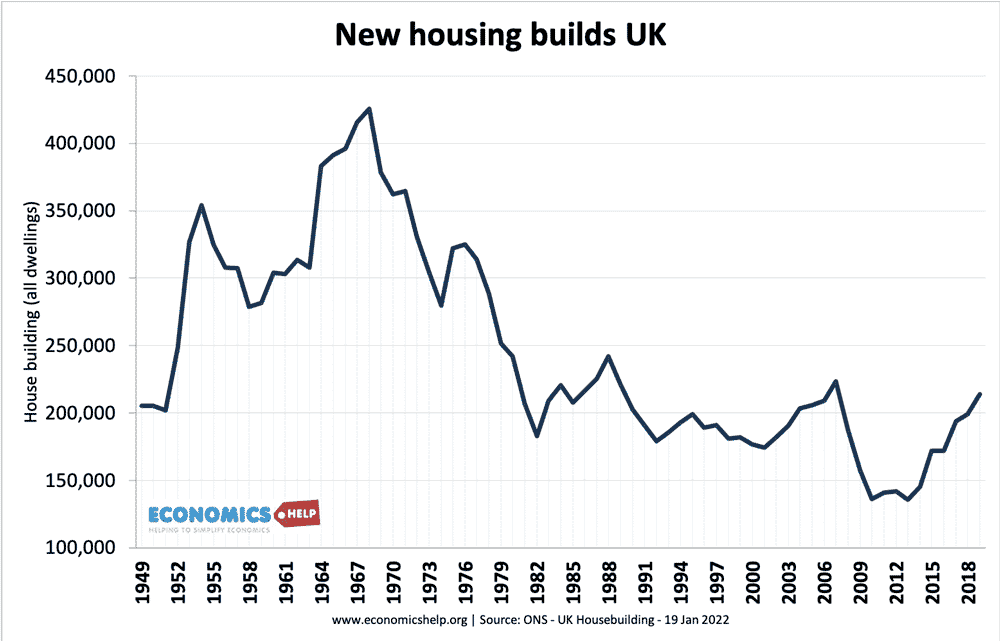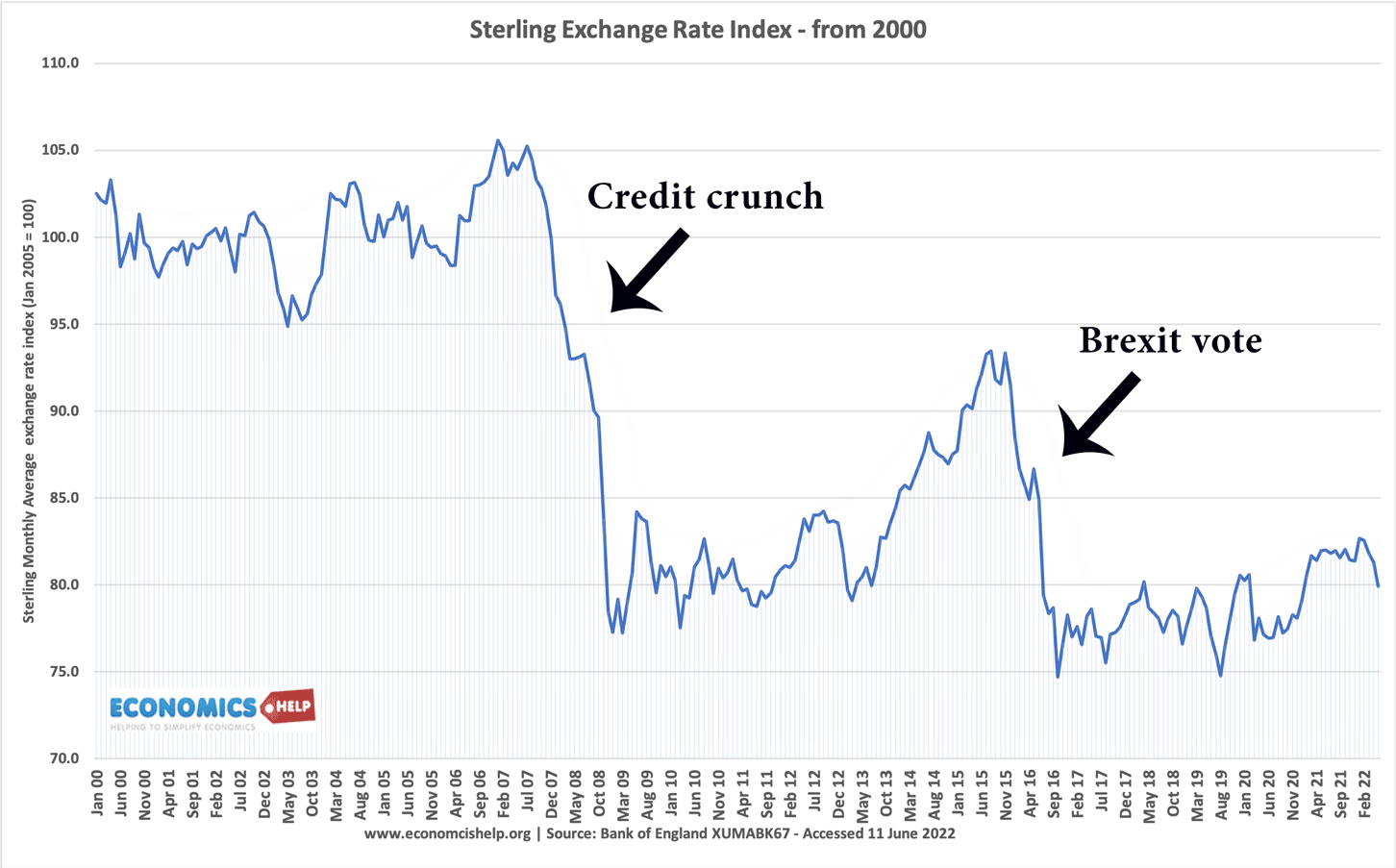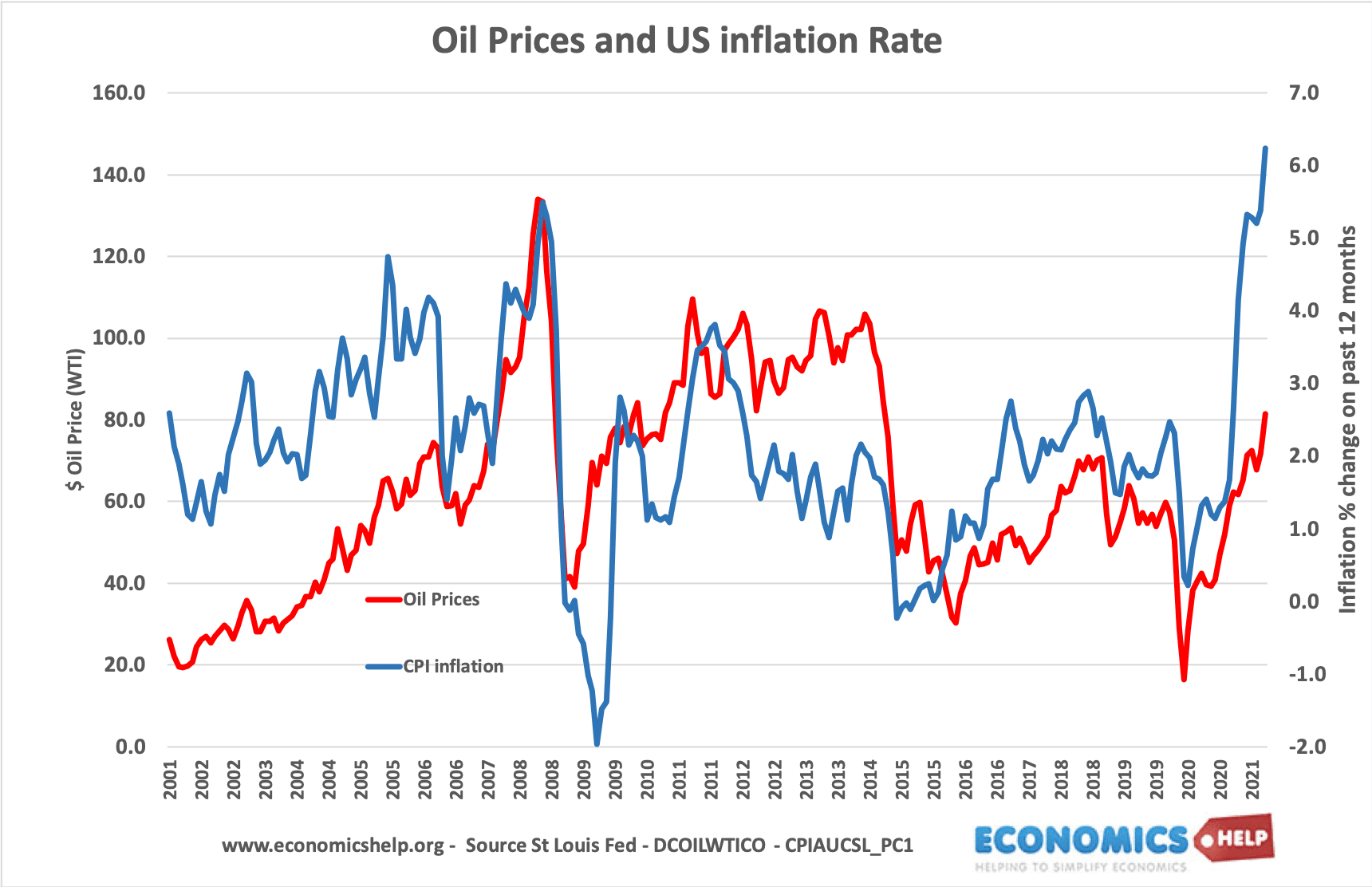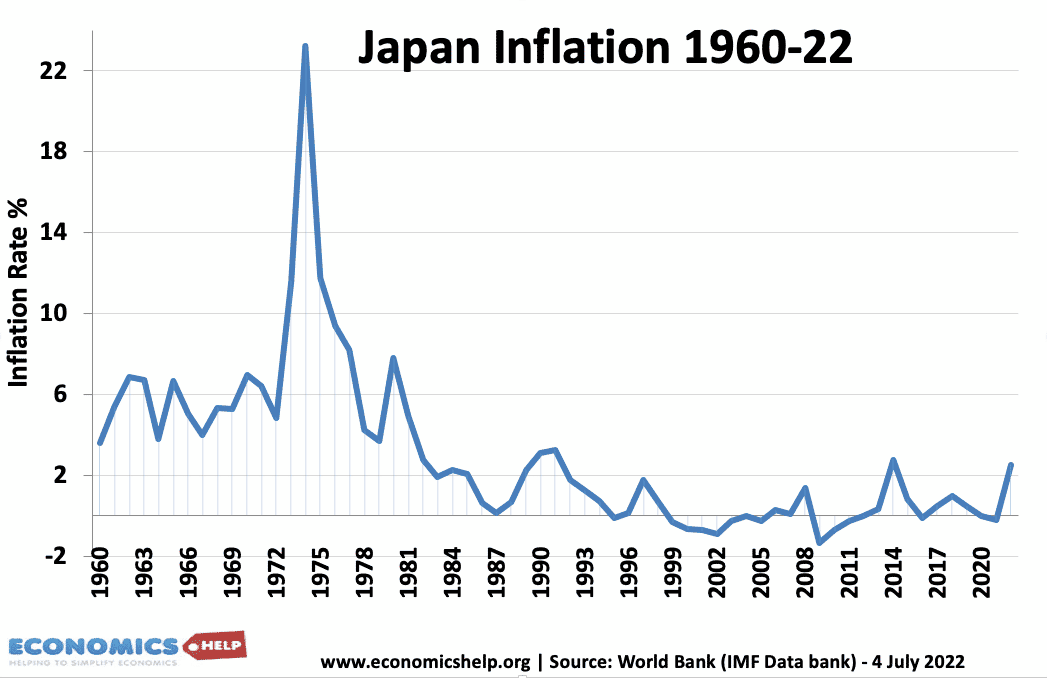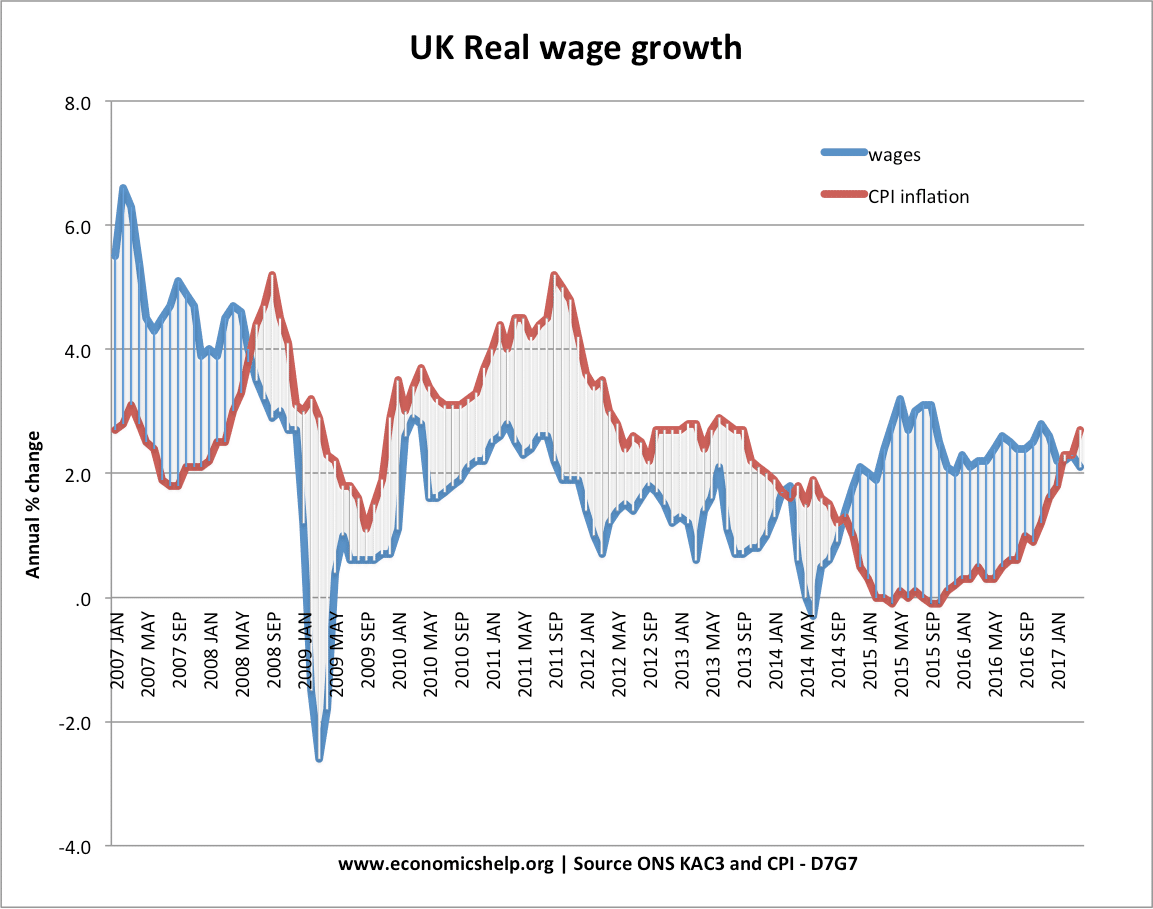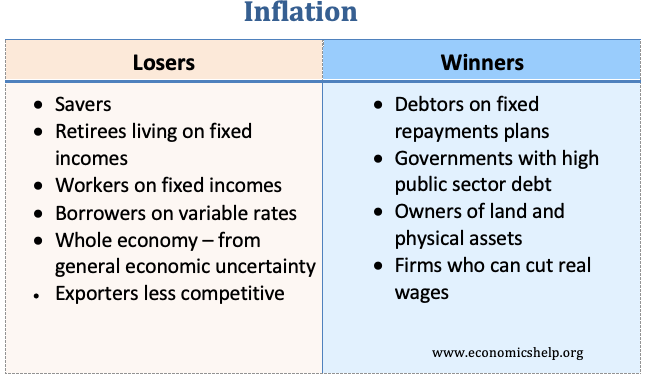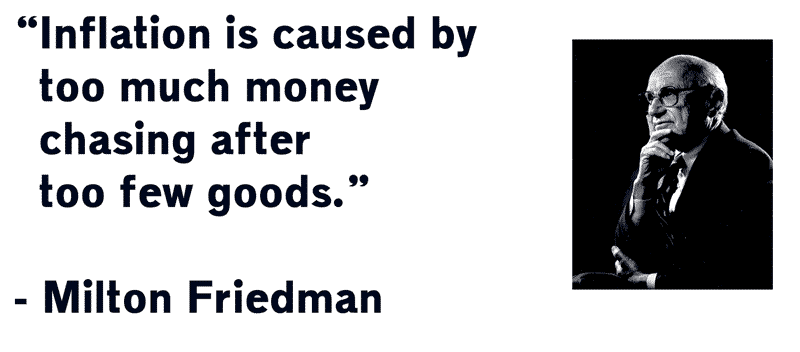Housing supply in UK
A fundamental problem in the UK housing market is a persistent shortage of housing. The ONS forecast the number of households in the UK will increase by 1.6 million (7.1%) over the next 10 years, from 23.2 million in 2018 to 24.8 million in 2028, and yet the current rate of home construction is struggling …

